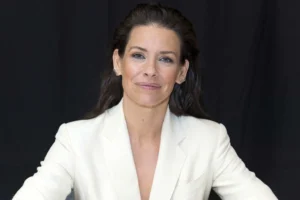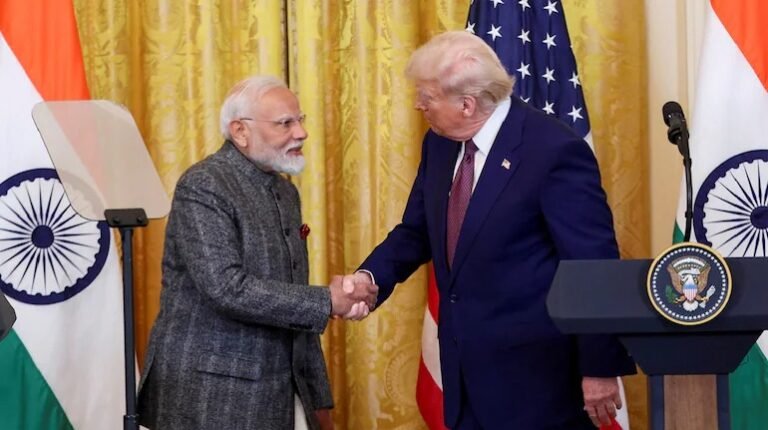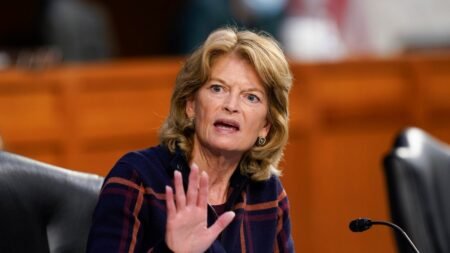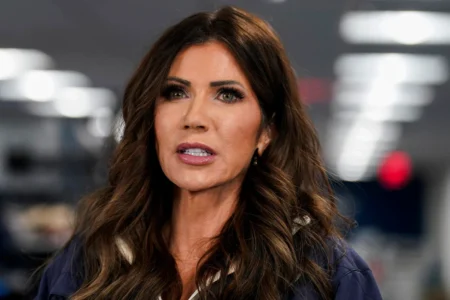US President Donald Trump’s nominee for the next ambassador to India, Sergio Gor, has underlined Washington’s intent to expand oil and energy exports to India while addressing ongoing tariff negotiations. Speaking before the Senate on Thursday, Gor said India’s 1.4 billion population and its middle class — larger than that of the United States — represent a market of immense promise.
“We fully intend in these trade talks that are ongoing right now to open the markets to crude oil, petroleum products, and liquefied natural gas,” Gor told lawmakers. “You’re talking about a population of 1.4 billion individuals there. Their middle class, by our definition, is larger than the entire United States of America. And so we have countless possibilities to expand into those markets, and we fully intend to do that.”
The comments come as the Trump administration presses New Delhi to reduce its reliance on Russian oil, a demand that India has consistently rejected. Washington argues that such purchases help Moscow fund its war in Ukraine, while India maintains that its energy policy is driven by market forces and the needs of its citizens.
Despite recent trade friction, Gor emphasized that ties between Washington and New Delhi remain resilient. He highlighted the personal bond between Trump and Prime Minister Narendra Modi as an anchor for the relationship. “Our President has a deep friendship with Prime Minister Modi, which is unique,” Gor said. “When the President has been critical of India, he goes out of his way to compliment Modi. They have an incredible relationship.”
At the same time, Gor drew a sharp contrast with China, noting that India’s long-term alignment lies more closely with the United States. Referring to India’s participation in the recent Shanghai Cooperation Organisation summit, Gor said, “International relations are much more than a photo opportunity. Our relationship with the Indian government and the Indian people extends many more decades, and it’s a much warmer relationship than they have with the Chinese.”
He added that US policy would prioritize ensuring that India leans closer to Washington in the years ahead. “Chinese expansionism is not just on the border with India, it’s all over the area. We will make it a top priority that India is pulled into our side and away from them,” he said.
The ambassador-designate acknowledged differences on tariffs but suggested they could be resolved soon. “We’re not that far apart on a deal on these tariffs. I do think it will get resolved in the next few weeks,” Gor said. He added that the areas of potential collaboration were wide-ranging, from artificial intelligence and pharmaceuticals to critical minerals and clean energy.
However, Gor also noted that India’s past protectionist policies and regulatory hurdles have often stood in the way of fully realizing this partnership. “India’s protectionist policies and regulatory barriers have prevented us from fully realizing this partnership,” he told senators.
The hearing signaled a subtle reset in the tone of US-India relations, which had been strained in recent months. Washington had earlier imposed a 25 percent tariff on Indian goods, followed by an additional 25 percent punitive duty linked to India’s Russian oil trade. New Delhi strongly pushed back against those moves.
In recent weeks, however, Trump has struck a softer note. He has highlighted the US-India friendship and confirmed that negotiations are underway to resolve trade barriers. He also said he planned to speak directly with Prime Minister Modi in the coming weeks to smooth tensions. Modi responded positively, stressing that India and the United States remain “close friends and natural partners.”
Adding to the sense of a reset, Secretary of State Marco Rubio introduced Gor at the Senate hearing — an unusual gesture that underscored bipartisan recognition of the strategic importance of India. “India is one of the top relationships the United States has in the world today in terms of the future of what the world’s going to look like,” Rubio said.
For Washington, the focus now is clear: expand oil and energy exports, reduce trade frictions, and reinforce India as a long-term partner in both economic and strategic spheres. For New Delhi, the challenge will be to balance its independent energy policy with the growing expectation of alignment with Washington.







